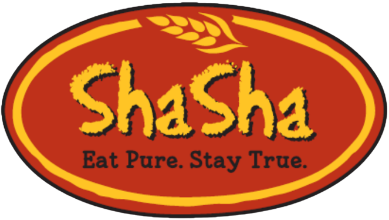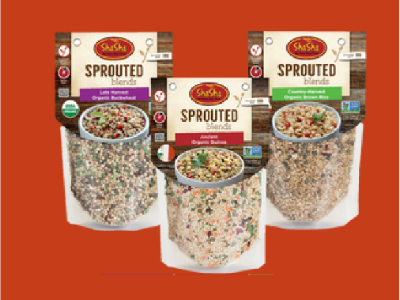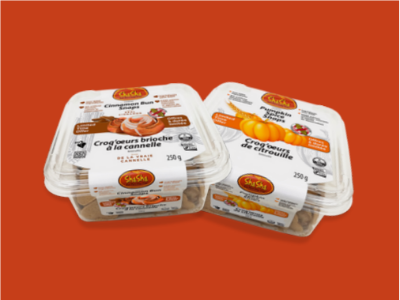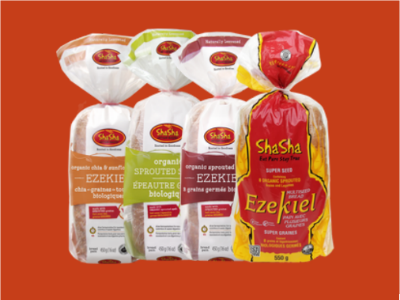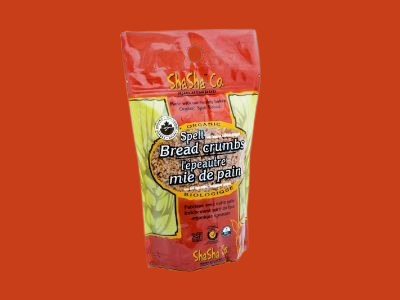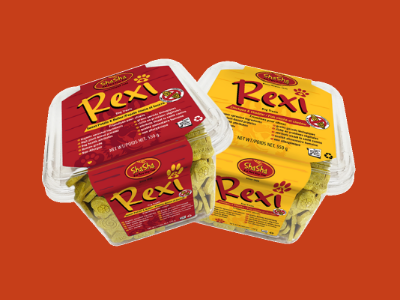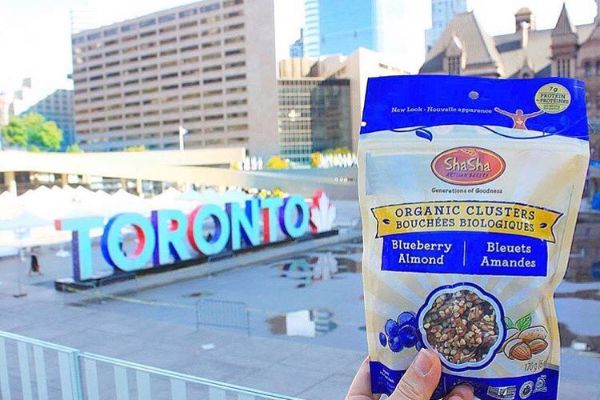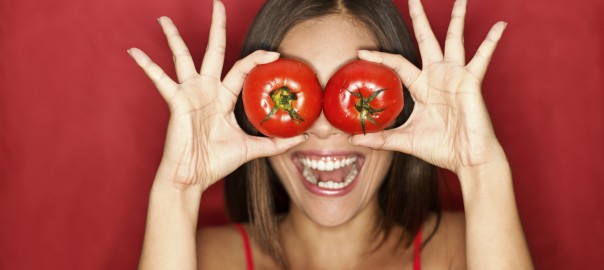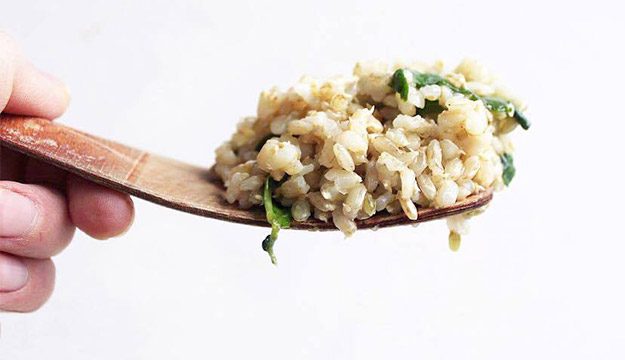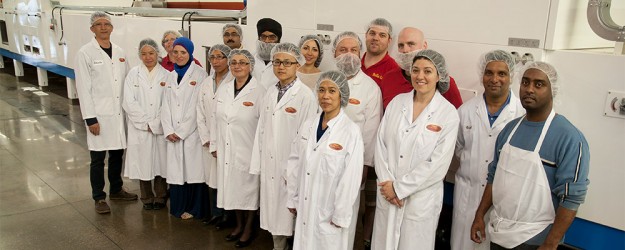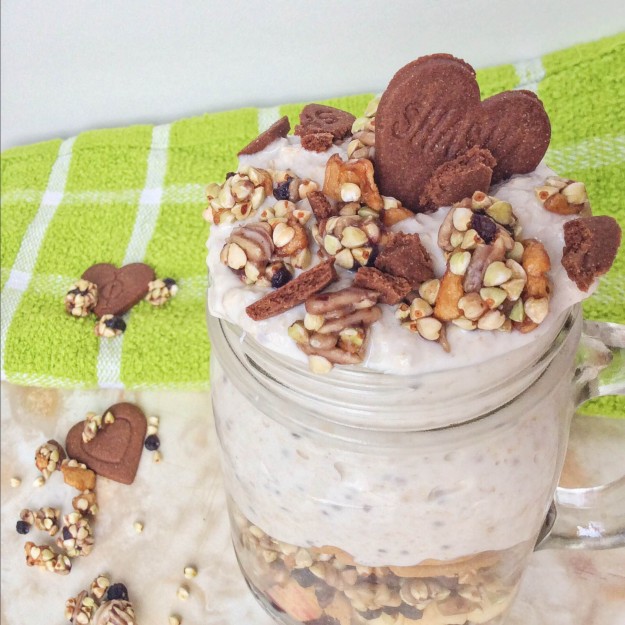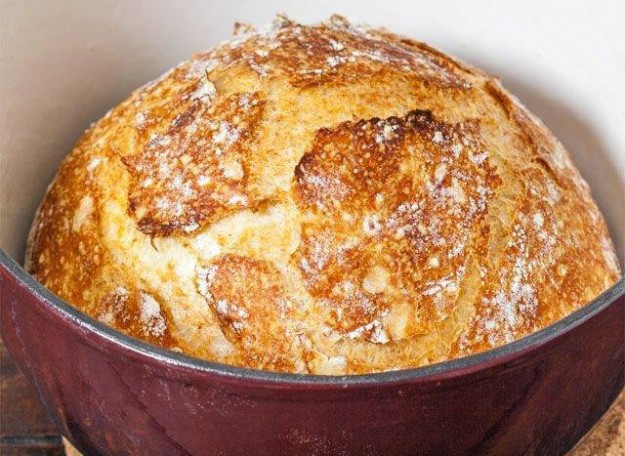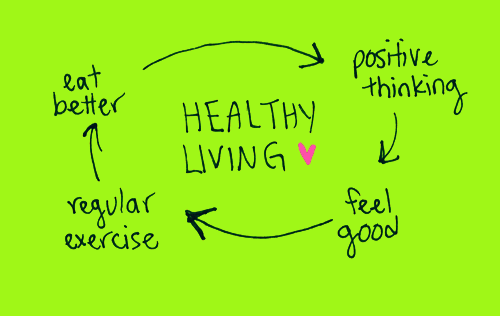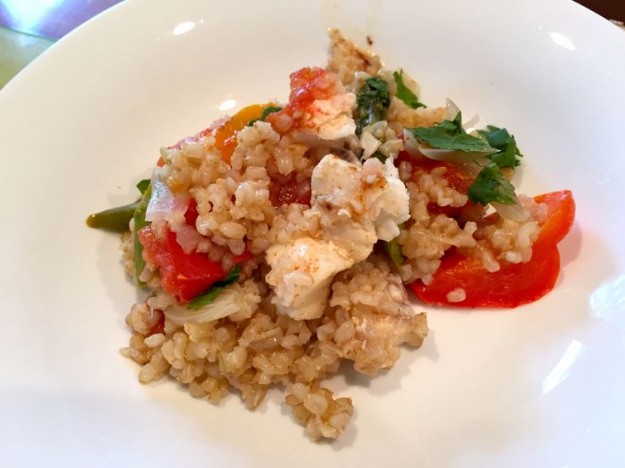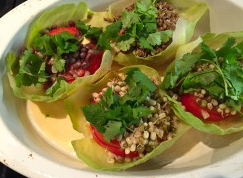So you’ve probably heard of probiotics; those diminutive little bacterium that live in your tummy and keep you healthy, happy and sane. Well, in order to keep your little belly bugs alive, you have to feed them the good stuff and that’s where prebiotics come in. Prebiotics are insoluble dietary fibers that provides a food source for probiotics and promote healthy intestinal flora.
Prebiotics are unaffected by heat and can’t be digested; this means you can cook foods containing prebiotics without affecting them.
Prebiotics come in two different kinds of fructooligosaccharides (oligofructose and inulin) which help to nourish the probiotic bacteria in your body. This in turn improves digestion, promotes immune systems, increases metabolism and boosts your body’s ability to absorb nutrients.
An increase in your metabolic rate will mean you burn more calories every day and that you have more energy. An effective metabolism means an improved ability to absorb nutrients which makes for a happier, healthier you.

The most common form of prebiotic is known as inulin and can be found in veggies and grains. Here are some of the most abundant sources of prebiotics:
Chicory root: Not only does chicory have high inulin content, it is also packed with antioxidants and helps to support liver function.
Asparagus: Jam packed with anti-oxidants, asparagus is also a good source of vitamins A, C, E and K, as well as chromium.
Jerusalem artichoke and the regular green globe artichokes: A great source of fiber, artichokes are low in calories and are a full of vitamin C and folic acid.
Dandelion greens and root: High in fiber and anti-oxidants, dandelion greens and roots help liver function and slow the aging process.
Garlic: Part of the onion family, garlic contains allicin which boosts the immune system, reduces blood pressure and cholesterol and improves bone health.
Onions and leeks: Rich in vitamin K and manganese, onions and leeks also contain prebiotics that help improve digestive health.
Wheat bran and wheat flour: A rich source of manganese, copper, fiber and magnesium.
Bananas and Berries: These fruits are a great source of fiber and of other important nutrients like the potassium in bananas and vitamin C in berries.
Barley, rye, sprouted grains and whole grains: Great sources of fiber and several of the B vitamins like thiamin, riboflavin, niacin, and folate as well as minerals (iron, magnesium, and selenium).
Galacto-oligosaccardes (GOS) prebiotics can be found in fermented dairy products like yogurt, buttermilk and kefir
Eating more fruit and vegetables will help to add fiber to your diet and you can also make some simple tweaks to the way you eat that will really improve your health and help you to lose weight. Opt for whole grain, organic breads and pizza crusts and reach for healthy snacks rather than chips or candy. Whole grain healthy snacks like ShaSha’s Bio Buds contain inulin and promote digestive health.
